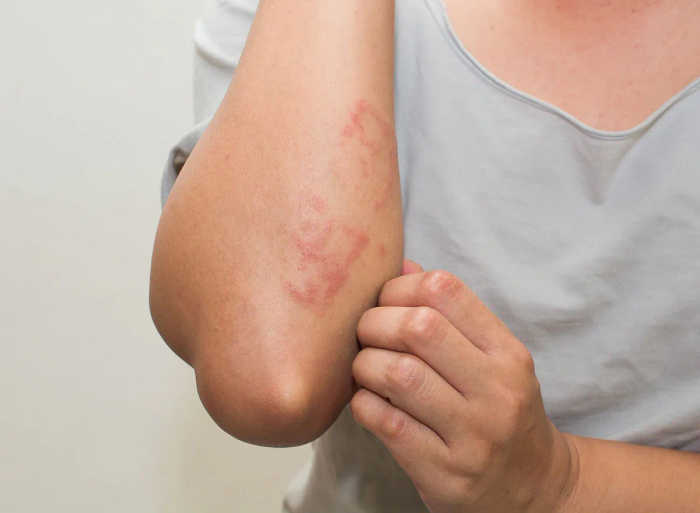Published 15:11 IST, April 18th 2024
Symptoms of celiac disease include severe diarrhoea, rash, severe weight loss, skin problems, and abdominal pain, as per ACAAI.
Advertisement
Gluten allergy, known as Celiac Disease, is an autoimmune disorder that damages the digestive system (small intestine). It causes ingestion of gluten, a protein found in barley, wheat, and rye. Symptoms of celiac disease include severe diarrhoea, rash, severe weight loss, skin problems, and abdominal pain, as per ACAAI.
Symptoms of Celiac Disease
Digestive Issues: Those suffering from this disease experience inflammation in the small intestine after eating gluten. It damages the gut lining and leads to poor nutrient absorption. People with celiac disease may also have pale and foul-smelling faeces due to poor nutrient absorption.
Advertisement

Advertisement
Fatigue: People experiencing celiac disease often feel tired, sleep disruptions, inflammation and more. It may also be linked to a higher risk of iron deficiency anaemia, affecting the ability to produce healthy red blood cells, as per Healthline.
Advertisement
Skin Problems: Gluten intolerance also affects your skin. It can cause a blistering condition called dermatitis herpetiformis.
Advertisement

Depression & Anxiety: In 2020, nearly 1 in 10 Americans reported having depression, with the prevalence as high as 20% among adolescents and young adults, as per Healthline. Depression and anxiety are common in people suffering from celiac disease.
Advertisement
Weigh Loss: People suffering from celiac disease can experience unexplained weight loss. That's because they are likely to experience severe gastrointestinal symptoms.
Iron Deficiency Anemia: One of the common nutrient deficiencies found in people suffering from celiac disease.

Tips to manage a gluten allergy
Avoiding wheat proteins is the best treatment for wheat allergy. However, following the below tips, first visit the doctor for better understanding.
- Learn which foods contain gluten and how to identify it on food labels.
- Always check food labels for gluten-containing ingredients and look for gluten-free certification.
- Keep your kitchen organised and designate specific areas for gluten-free foods to minimise the risk of cross-contamination.
- Look for speciality stores and supermarkets that offer gluten-free foods, which are safe for people with wheat allergies.
15:11 IST, April 18th 2024